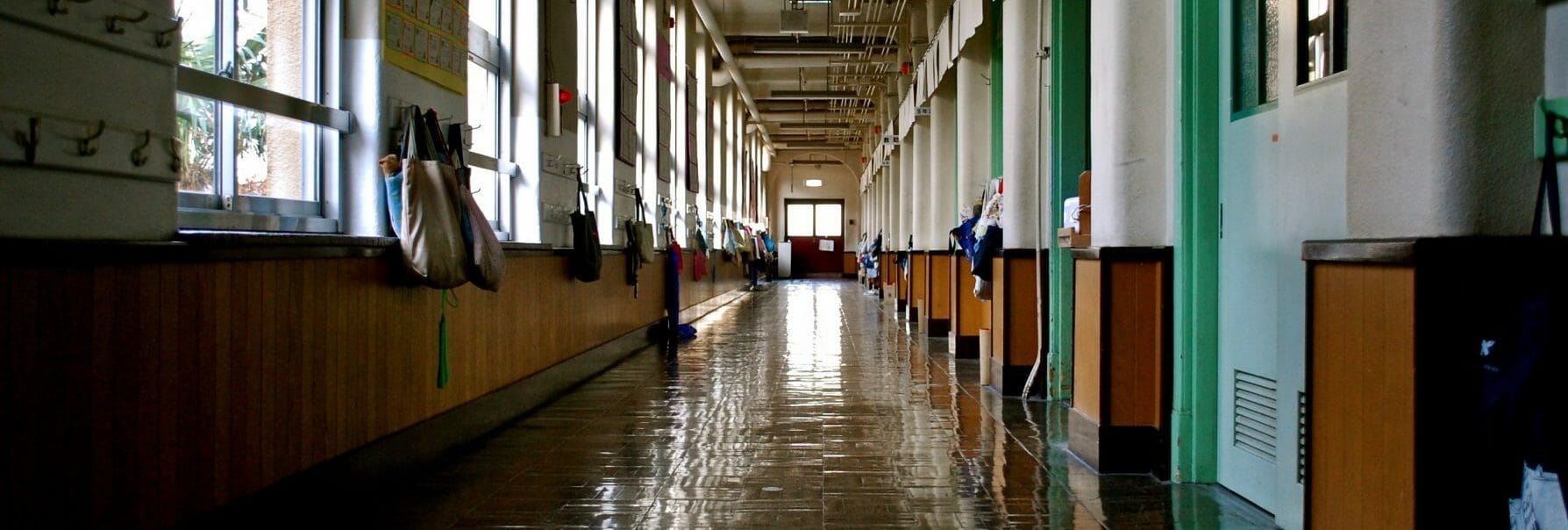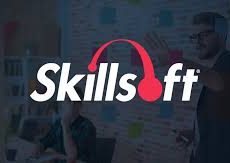
Articles
Industry News
U.K. Teachers Could Use More Edtech In and Out of the Classroom: Promethean World Survey
By Henry Kronk
October 25, 2018
Listen to any TED Talk, and you’ll likely hear a derivative of the following: ‘Advancements in technology make the world a better place.’ There’s no doubt that is true of some advancements in technology, but at the same time, voices of dissent are growing louder. A recent report out from Promethean World, an English edtech company owned by NetDragon, takes up this issue and many others with educators, administrators, and IT staff at schools across the U.K.
One of the most glaring inconsistencies of the report lies in teacher workload. Taking the respondents in sum total, 62% believed “workloads are contributing towards high levels of stress” in school, while only 20% of respondents said something was being done about it. Breaking down by respondent type, however, reveals that nearly 82% of teachers believe their workload is having a negative impact on their learners. Just 14% of administrators (known as senior leadership team (SLT) in the report) and 2% of IT staff believe the same.
As Promethean World head of Europe, Africa, and Australasia Ian Curtis writes in the forward, “The prominence of teacher workload in UK education has long been debated, so it’s not surprising that it has emerged as having a negative impact on learning. What is surprising, however, is the gulf of opinion that exists between senior leaders and teachers. Given that technology in all walks of life is known to save time, simplify processes and spark innovation, could we be better leveraging this potential to ease the workload burden on teachers?”
It’s a compelling question considering some other findings. The survey found that 54% of teachers were “striving to innovate by using tech as an educational tool.” At the same time, 70% of respondents said that a lack of appropriate or working technology prevents them from using it to address issues in class.
Teachers See Promise in Online Assessment, Lesson Planning, and Resources
Looking forward provides a snapshot of which technologies teachers see as especially effective. Teachers were also asked which edtech tools they expect to see grow the most in the next 1-3 years. This year, 60% answered that online assessments would show growth, which is up from 57% in 2017. 54% answered online content and resources, while 47% also chose cloud-based lesson planning and delivery tools.
Each of these three top choices could fall into the category of ‘time- and workload-saving technologies.’ But when it comes to school strategies for the coming year, just 15% of respondents say their institution holds updating technology as a key priority. Far more cite increasing attainment and academic results (64%) and closing the attainment gap (46%).
Still, 61% of SLT say that technology will form an important part of their strategy. When it comes to updating tech, budget is always a concern.
According to a deputy head teacher at a London local authority secondary school, “Our approach to technology isn’t good enough! We are 10 years behind most other schools and we have no money to change that.”
“Staff training is currently lagging behind procurement of IT. We have one key teacher and one very capable admin, but if they don’t share their knowledge amongst colleagues, the school won’t be able to make maximum use of the equipment bought,” said a deputy headteacher, local authority secondary school London.
EdTech, When Used Correctly, Can Also Improve Engagement
The study also found edtech can improve student engagement.
“Technology can engage more pupils, and even improve behaviour, but only when used in the right ways. This year, almost all school staff recognize that edtech can improve engagement levels to some degree. The majority (72.3%) think that behavior can potentially be improved with technology. At the same time, a number of survey respondents agree that technology is only effective when it supports specific goals or learning outcomes. Takeaway: When considering any potential IT investments, schools should first ensure the tools address specific school objectives. If this investment is coupled with a thorough training scheme, it stands a far higher chance of success. Edtech should be used as a tool to aid traditional learning rather than replacing valuable educators, or used for ‘technology’s sake’.”
Featured Image: Kyo Azuma.









No Comments